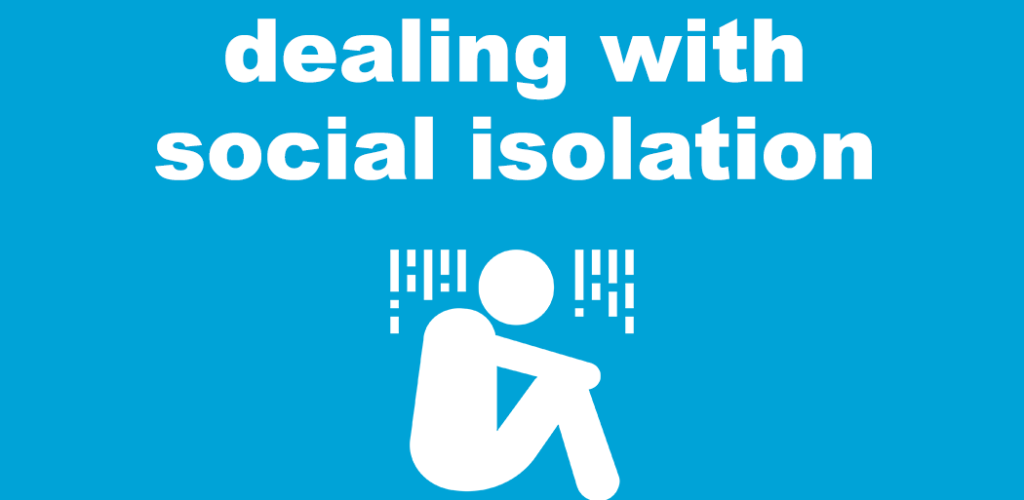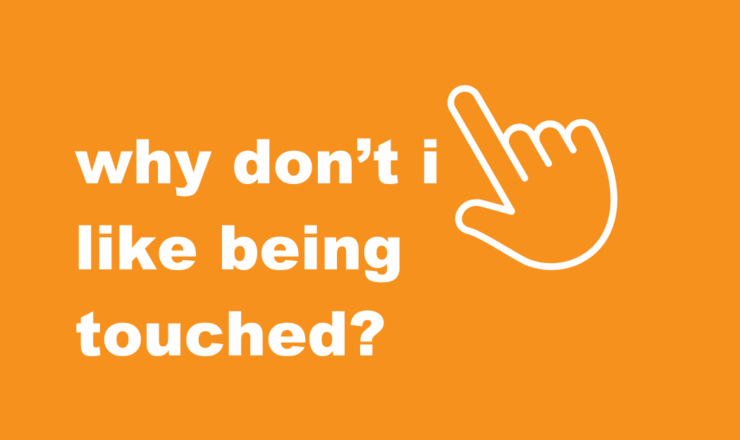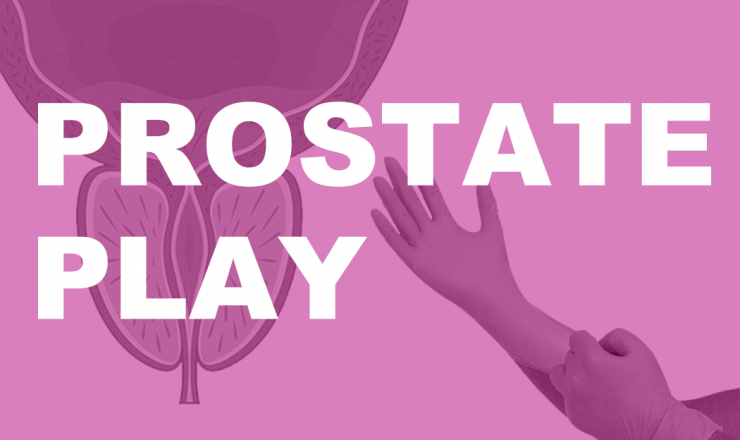

Recently, social isolation has been getting more attention as an important issue affecting people’s mental and physical health. This is largely due to so many people experiencing social isolation during different lockdowns and public health restrictions brought on by the COVID-19 pandemic. But social isolation has been around a long time, and takes on a number of different forms. A 2021 study by Statistics Canada says that “among youth aged 15 to 24 years, nearly 1 in 4 (23%) said they always or often felt lonely.”
In this article we’ll give a brief definition of social isolation, and some things you might consider trying if you (or someone you know) is trying to break the cycle of social isolation.
If we think about it as a spectrum, there’s Being Alone, Loneliness, and Social Isolation. While they are similar, and often people use them interchangeably, they are distinct feelings and situations:
To compare, Loneliness is maybe closer to not having the right kinds of social contacts (not having best friends, or people who you feel understand you), while Social Isolation can be like not having any contacts at all. Humans are generally social. Even people who are introverts and enjoy having lots of alone time still often benefit from social connections.
Social Isolation can be tough to break out of for a lot of reasons. For example, if you’re feeling an increase in depression or anxiety from social isolation, it can be hard to find the energy or desire to leave the house or talk to other people. But you are not alone! There are strategies and people available to help try and break out of it, at your speed, in whatever way works for you. Some things you can try include:
Ending a cycle of isolation doesn’t have to go from 0 to 100 right away. You don’t suddenly need to become a social butterfly with lots of friends and events to attend. Even if that’s something you might want to work up to, it can be exhausting if you’re not used to having social contact. Sometimes it can start small, and you can work on building a social relationship with just one person at first. This can be a family member, a friend or coworker you don’t really know, or a total stranger. And you can start just by texting them occasionally, having a scheduled phone or video call each week, or planning hangouts every month – really, whatever speed you’re comfortable at. Doing these small things regularly could help you gain some social skills and confidence, even if it’s just asking about homework or running an errand together. And over time these simple interactions can possibly grow into a longer-lasting relationship, or connect you to other people and more social opportunities.
Having shared interests with someone else can be a good starting point for building a new friendship. If the people and spaces you currently interact with aren’t helping you feel less isolated, maybe it would help to go outside your regular routines and groups to find social connections. Maybe there’s a school club you can join or maybe a community centre near you has different teams or events where you can meet people like you? Even getting a part-time job or volunteering somewhere can be good motivation just to get into a new space and meet new people — Whatever helps get you out of the house!
This might seem counter-productive. Like, isn’t the whole point of social media that it’s social? True, but in some cases social media can actual make people feel more isolated and have a negative impact on your mental health. On social media people often just present the best version of themselves, whether that’s doing cool events or hanging out with cool people. And whether that’s their truth or just the highlights, it doesn’t always help if you end up comparing yourself to them, having thoughts like: “Why can’t I be like that?”or “Don’t people like me?” It can sometimes help to take a break from social media, either to let some of these feelings calm down or even to reevaluate what it is you want to get out of using social media. Breaks can last however long you want (a day, a week, a month), or it can be taking a break from specific apps if you notice some make you feel worse than others. You can also use the extra time you get in your break to try finding new ways of spending your time, if that’s new hobbies or scheduling convos with people you’re trying to build friendships with.
If you don’t feel like you have someone in your life you can talk to, or if you feel like getting a diagnosis or other medical supports would be more helpful, there are doctors, counsellors, therapists, and other health professionals who are available for you to talk to. You can often get referrals to mental health supports from your family doctor, or you can check out organizations like Planned Parenthood Toronto or Kids Help Phone to help connect you with somebody.
When friendships come easily they can feel really effortless, but, overall, social connections (whether with friends, family, teammates, etc.) all take work and effort. Social isolation can totally be hard to break from, but reaching out to people can often be a great first step. Once someone knows you’re feeling isolated, they can then know how to check in or support you during this tough time.
If you have questions about this topic, feel free to contact one of our peer educators. [Link]
Last Updated: May 2022

For some people, sensory sensitivities can make physical intimacy stressful and overstimulating. This post talks about what sensory sensitivities are, and some tips to work through them in physically intimate situations!

Are you a queer youth in Toronto who is looking to find spaces to meet other queer youth that are welcoming and safe?

Lately we’ve been getting some question about Prostate Play! What is it? Who does it? What even is a prostate? Check out this post for answers to these questions and more!